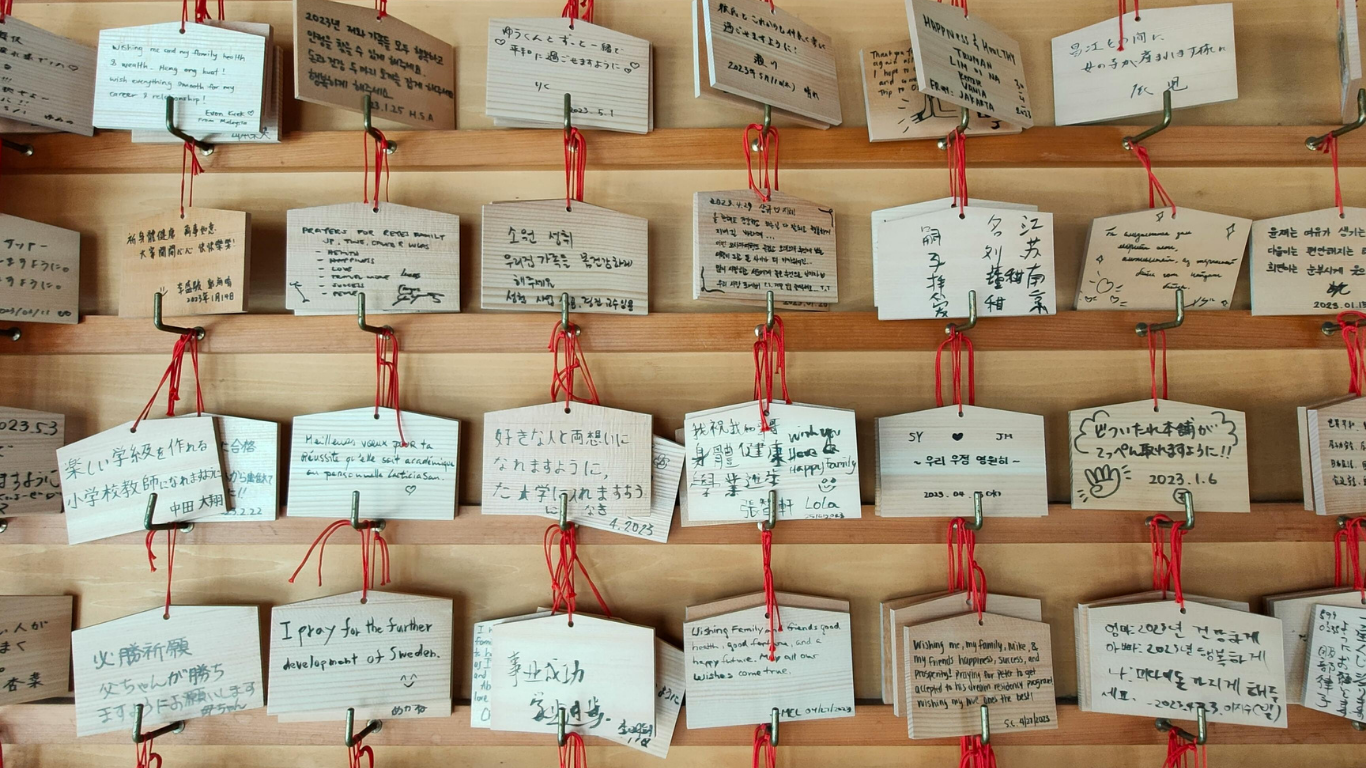
Requesting a Quieter Table
Learn how to politely ask a host for a table in a quieter or less crowded area of the restaurant. Our simple phrases and dialogues are perfect for beginners who want to enjoy a peaceful meal.
BEGINNER
Vocabulary
quieter
Making less noise or being more silent.
- Is there a quieter table?
- I need a quieter place to study.
- The back of the restaurant is quieter.
loud
Making or producing a lot of noise.
- This table is too loud.
- The music is too loud.
- He has a loud voice.
Grammar Tip: Using 'a bit'
'A bit' is a useful phrase that means 'a little.' It can make a negative comment softer and more polite. For example, 'It is a bit loud.' is more polite than 'It is loud.'
Common Mistakes
❌ Just saying 'quiet table.'
✅ Use a full sentence to be clear and polite, like 'Is there a quieter table?'
This shows you are making a request and not a demand. It is more natural and polite than just saying 'quiet table' to the host.
❌ Not explaining why you want a different table.
✅ Give a simple reason like 'It is a bit loud.' or 'We would like a table away from the kitchen.'
This helps the host understand your needs and find a better table for you. It also shows you are a polite and reasonable customer.
Notes for Learners
- Be ready to ask your question after the host has seated you.
- The key phrases are 'Is there a quieter table?' and 'This table is too loud.'
- Be ready for the host to go and find another table for you.
- Remember to say 'thank you' for their help.
INTERMEDIATE
Vocabulary
section
A part of something.
- Can we sit in a quieter section?
- The store has a large clothing section.
- Read the next section of the book.
prefer
To like one thing more than another.
- I prefer to sit in a quieter area.
- Do you prefer coffee or tea?
- She prefers to read books at night.
Grammar Tip: Using 'I was hoping...' and 'We'd prefer...'
The phrases 'I was hoping...' and 'We'd prefer...' are polite and indirect ways to ask for something. They are great to use when you are asking for a special request.
Common Mistakes
❌ Being too direct with your request.
✅ Use a polite phrase like 'I was hoping we could get...' or 'We'd prefer to be seated away from...'
Using these phrases shows a higher level of English and is more respectful. It shows you understand that the restaurant might be busy and that you are not demanding a special table.
❌ Not stating a specific location.
✅ Give a specific location you'd like to sit, like 'away from the main dining room' or 'by a window.'
This helps the host find a better table for you and shows you are a thoughtful person.
Notes for Learners
- Be ready for the host to ask what you had in mind.
- Use more advanced vocabulary to make your request, like 'quieter section' or 'main dining room.'
- Give a specific location you would like to be seated in.
- Acknowledge the host's politeness and thank them for their help.
ADVANCED
Vocabulary
secluded
Not seen or visited by many people; sheltered and private.
- I'd like a secluded table, if possible.
- They went to a secluded beach for their vacation.
- The hotel has a beautiful, secluded garden.
intimate
Creating a feeling of warmth, comfort, and privacy.
- We're hoping for a more intimate dining experience.
- The small restaurant has an intimate atmosphere.
- The couple had an intimate conversation.
Grammar Tip: Using 'would it be at all possible...?'
The phrase 'Would it be at all possible...?' is a very formal and indirect way to ask a question. It is great for advanced learners who want to sound more professional and polite. It shows you understand the host might be busy and that you are not demanding a special table.
Common Mistakes
❌ Using simple words to describe the type of table you want.
✅ Use more formal and descriptive words like 'secluded' or 'intimate.'
These words are more formal and show a higher level of fluency. They are commonly used in a professional restaurant setting and make your language sound more elegant and precise.
❌ Not acknowledging the host's effort.
✅ Acknowledge the host's effort with a phrase like 'We truly appreciate you being so accommodating.'
This shows a high level of politeness and respect. It's a key part of advanced communication to make the other person feel appreciated for their work.
Notes for Learners
- Be ready for a more formal and professional conversation with the host.
- Use advanced phrases to make your request, like 'I was wondering if it would be at all possible...?'
- Be ready to hear formal words from the host, like 'accommodate' or 'serene.'
- Acknowledge the host's professionalism and thank them for being so 'accommodating.'